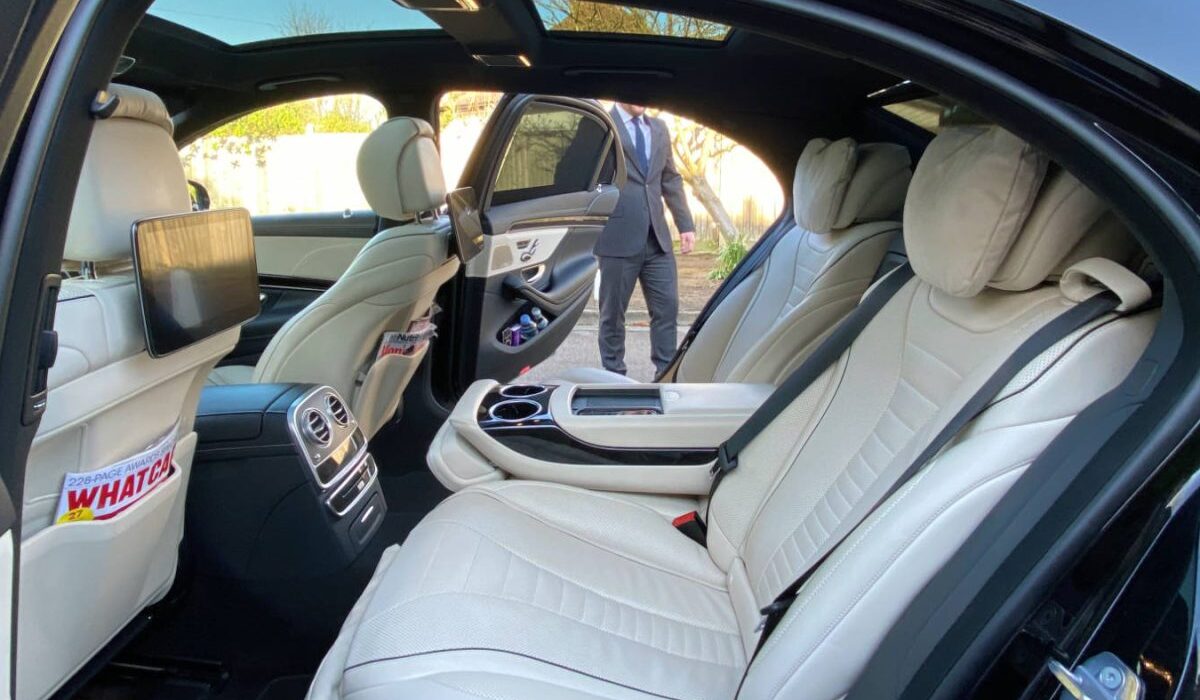
The History Dreams Future Of Luxury Electric Vehicles (EVs)
Luxury electric vehicles (EVs) represent the perfect marriage of opulence, sustainability, and innovation. Once the subject of science fiction dreams and automotive prototypes, EVs have transformed into a growing force within the luxury automotive sector. Today, they're not only redefining what it means to drive in style but also helping to shape a more sustainable future. In this blog, we’ll take a journey through the history of luxury EVs, explore the aspirational dream that drove their development, and look ahead at what the future holds for this revolutionary segment of the automotive world.
The Origins of Electric Vehicles: A Historical Perspective
Before diving into luxury electric vehicles specifically, it’s worth noting that EVs themselves have a surprisingly long history. While most people associate EVs with recent innovations, electric cars predate gasoline-powered vehicles.
The Early Days: 19th Century Electric Innovations
The first electric vehicles appeared in the early 19th century. Inventors across Europe and the United States began experimenting with battery-powered carriages in the 1830s and 1840s. By the late 1800s, electric cars were quite popular, especially in cities where their quiet operation and lack of exhaust made them more appealing than their noisy, smoky gasoline counterparts.
By the early 1900s, electric vehicles made up nearly one-third of all vehicles on the road in the United Kingdom. One of the most famous early electric cars was the Detroit Electric, favored by Thomas Edison and even Henry Ford’s wife.
However, the tide began to turn with the advent of the internal combustion engine. The introduction of mass production by Ford and the discovery of vast petroleum reserves led to the dominance of gasoline vehicles by the 1920s. For much of the 20th century, electric vehicles became a historical footnote.
The Dream: Sustainability Meets Luxury
The modern concept of luxury electric vehicles began as a dream—one that sought to merge environmental responsibility with premium comfort, performance, and innovation.
The Tesla Revolution
The first true spark came in the early 2000s with the founding of Tesla Motors. While the company’s initial offering, the Tesla Roadster (2008), was a niche sports car, it laid the groundwork for what would come next. Tesla’s Model S, launched in 2012, was the first mass-market luxury electric sedan, and it changed everything.
Suddenly, EVs weren’t just for environmentally conscious drivers—they were fast, sleek, luxurious, and packed with cutting-edge technology. The Model S offered over 200 miles of range, a minimalist interior, advanced autopilot features, and exhilarating performance that rivaled the best gas-powered sports cars.
Tesla proved that luxury and sustainability could coexist, and they inspired a generation of automakers to reimagine their offerings.
The Rise of Legacy Automakers
In the 2010s and beyond, legacy automakers began investing heavily in the EV space. Porsche, Audi, Mercedes-Benz, Jaguar, BMW, and others introduced their own luxury electric models. The Jaguar I-PACE (2018), Porsche Taycan (2019), and Mercedes EQS (2021) are just a few examples of electric luxury vehicles that have redefined the premium EV landscape.
Each brand brought its heritage of craftsmanship, performance, and design to the EV world, proving that electric powertrains could enhance, rather than hinder, luxury driving.
Hallmarks of Luxury EVs Today
Luxury electric vehicles today are far more than just cars with electric motors. They represent the pinnacle of automotive engineering and design. Here are a few hallmarks of modern luxury EVs:
1- Performance and Speed: Luxury EVs are known for instant torque and powerful acceleration. Cars like the Tesla Model S Plaid, Lucid Air Dream Edition, and Rimac Nevera have shattered performance benchmarks, going from 0 to 60 mph in under 2 seconds in some cases.
2- Sustainability: High-end EVs allow affluent buyers to align their values with their purchases. Many luxury EV brands emphasize sustainability through vegan leather interiors, recycled materials, and eco-conscious manufacturing.
3- Advanced Technology: Luxury EVs are often technology showcases. Features like adaptive air suspension, autonomous driving aids, augmented reality navigation, over-the-air updates, and integrated smart assistants are standard or optional.
4- Range and Charging Innovation: With ranges now exceeding 400 miles in some models, long-distance travel is no longer a concern. Ultra-fast DC charging networks and advanced battery management systems reduce charging time and extend battery life.
5- Design and Comfort: From panoramic glass roofs and ambient lighting to hand-stitched interiors and customizable driving modes, luxury EVs prioritize the driving and passenger experience above all.
Challenges in the Luxury EV Market
Despite their appeal, luxury EVs face several challenges:
1- High Cost: Luxury EVs are still priced well above average consumer vehicles. Although tax incentives and falling battery costs are helping, affordability remains a barrier to widespread adoption.
2- Infrastructure: Even though charging networks are expanding rapidly, they still lag behind traditional fuel stations in many regions. For luxury buyers accustomed to convenience, any limitation in infrastructure can be a deal-breaker.
3- Brand Trust: Newcomers like Lucid, Rivian, and Fisker must prove they can provide long-term service and support to customers accustomed to premium care from legacy brands.
The Future of Luxury EVs: What Lies Ahead?
The future of luxury electric vehicles looks incredibly promising, with bold innovations and societal shifts set to reshape the automotive landscape.
1- Solid-State Batteries: One of the most anticipated advancements is solid-state battery technology. These batteries promise greater energy density, faster charging, longer lifespan, and improved safety. They could make luxury EVs even more capable and convenient.
2- Autonomous Driving: Fully autonomous vehicles may soon be a reality. While current luxury EVs offer advanced driver-assistance systems (ADAS), true autonomy could turn high-end EVs into mobile offices or relaxation lounges.
3- Sustainable Luxury Materials: Expect more emphasis on bio-based and recycled materials that don’t compromise luxury. Brands are exploring alternatives to traditional leather, such as mushroom leather, ocean plastics, and sustainably harvested wood.
4- Integration with Smart Cities: Future EVs will likely integrate seamlessly into smart city infrastructures—scheduling charging during off-peak hours, connecting with public transport systems, or even wirelessly charging while parked or in motion.
5- Ultra-Personalization: High-end EV buyers will demand greater personalization. Bespoke EVs, customized interiors, curated software features, and AI-driven user interfaces will allow cars to adapt uniquely to their owners’ preferences.
The Cultural Shift: EVs as Status Symbols
Luxury EVs have also become cultural icons. Driving an electric Porsche, Audi, or Tesla today sends a different kind of status signal—it says you care about performance and the planet. Celebrities, CEOs, and tech-savvy consumers are embracing EVs not just for their efficiency, but because they represent modern values in the Chauffeur Services industry.
The transition to luxury EVs also reflects a broader generational shift. Millennials and Gen Z are more environmentally conscious and tech-forward than previous generations. As they become the dominant luxury consumers, EVs will likely become the default choice in the premium segment.
Final Thoughts: The EV Dream Is Now Reality
The story of luxury electric vehicles is a tale of innovation, resilience, and forward thinking. From early 20th-century experiments to 21st-century technological marvels, EVs have gone from dream to mainstream, especially in the luxury market.
Luxury electric vehicles are no longer simply about transportation. They embody a new vision of mobility—one that is elegant, powerful, sustainable, and intelligent. As technology continues to evolve and global consciousness around sustainability deepens, the future of luxury EVs promises to be even more extraordinary.
Whether you're an auto enthusiast, an eco-conscious consumer, or simply someone dreaming of your next luxury vehicle, one thing is clear: the era of the luxury EV is here—and it's electrifying.
FAQs
Are luxury EVs more expensive than gasoline luxury cars?
Yes, in many cases, luxury EVs have a higher upfront cost due to advanced batteries and technology. However, they offer long-term savings on fuel, maintenance, and taxes.
How long do luxury EV batteries last?
Most EV batteries are designed to last 10–15 years or more. Many manufacturers offer warranties of 8 years or 100,000+ miles for added peace of mind.
Do luxury EVs have better performance than traditional luxury cars?
Yes, many luxury EVs outperform their gasoline counterparts in acceleration and torque. Instant power delivery is a major advantage of electric motors.
Can I take a luxury EV on a road trip?
Absolutely. With ranges of 300–500 miles and expanding fast-charging networks, luxury EVs are great for road trips, especially in areas with robust infrastructure.
Which luxury car brands offer electric vehicles today?
Brands like Tesla, Mercedes-Benz, Audi, BMW, Porsche, Jaguar, Lucid, Rivian, and Genesis all offer or plan to release luxury EVs.
Share This:
Tom Copper
Tom Copper is a UK-based travel and tourism writer with a deep passion for transforming journeys into compelling stories. Over the years, he has explored both iconic destinations and lesser-known hidden gems, always seeking experiences that create meaningful connections between people and places. His writing reflects a genuine appreciation for culture, history, and adventure, blending practical travel advice with thoughtful personal insights. From vibrant city breaks and scenic coastal escapes to peaceful countryside retreats, Tom shares travel inspiration that feels authentic, relatable, and exciting. When he’s not crafting his next article, you’ll likely find him wandering through local markets, sampling new cuisines, or capturing unique moments through his camera lens. For Tom, travel is never just about ticking destinations off a list—it’s about the stories, emotions, and memories created along the way.
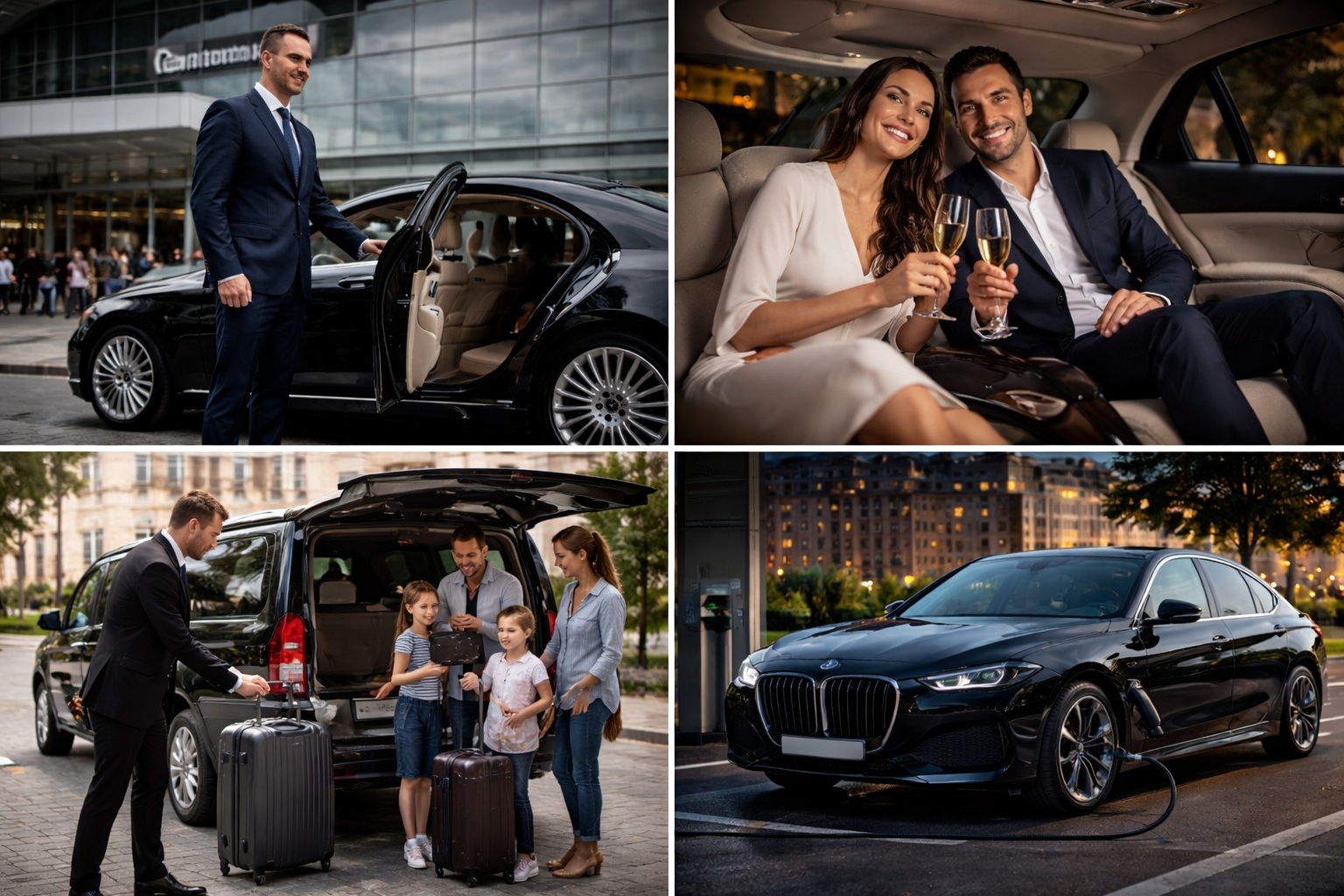
Common Myths About Chauffeur Hire Explained
Common Myths About Chauffeur Hire Explained Chauffeur hire services are often associated with luxury, prestige,…
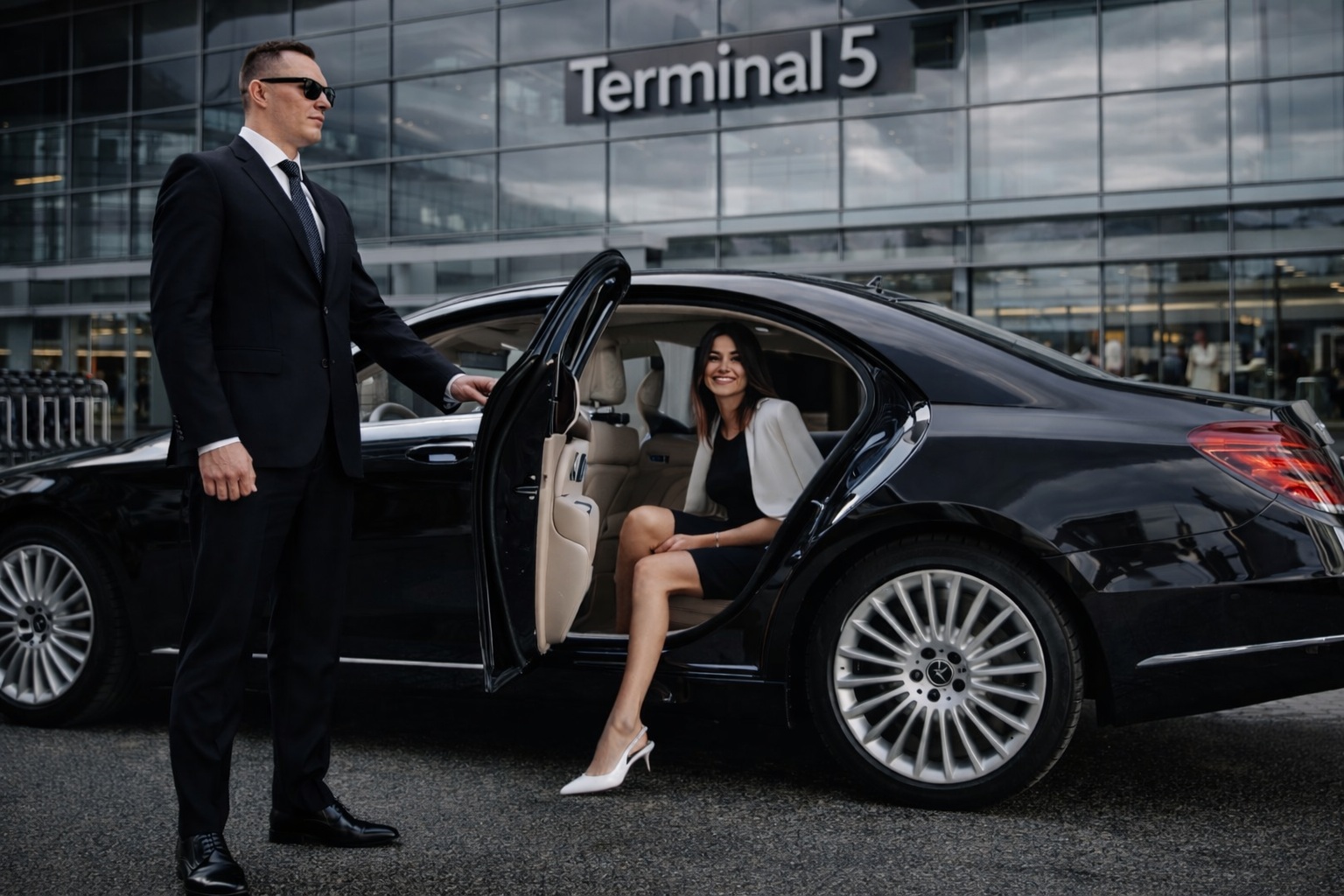
Chauffeur Hire in London: A Complete Local Guide
Chauffeur Hire in London: A Complete Local Guide London is one of the world’s most…
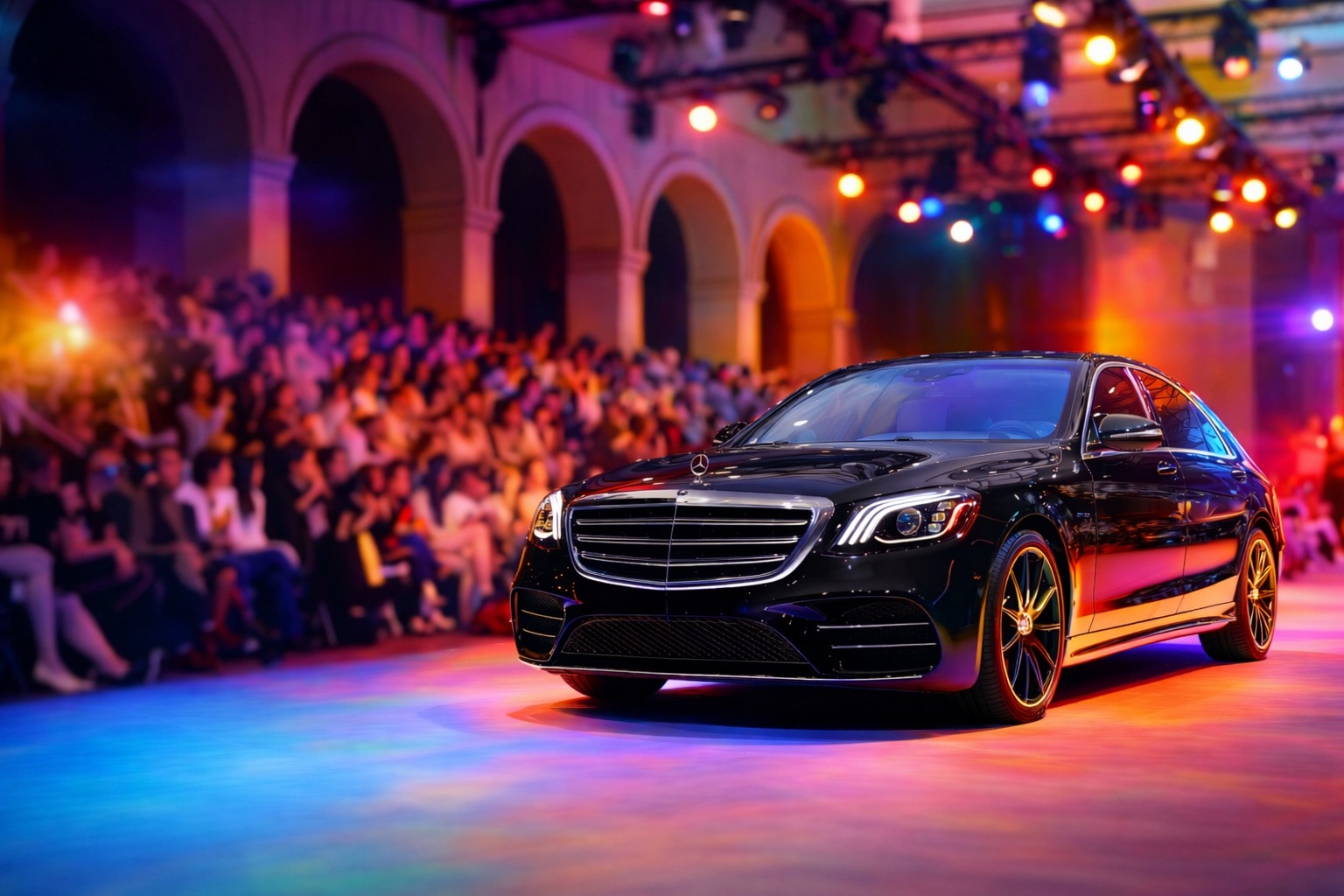
London’s Executive Ride Solution: Why JAF Beats Standard Ride-Hailing
London’s Executive Ride Solution: Why JAF Executive Travels Beats Standard Ride-Hailing In a city as…
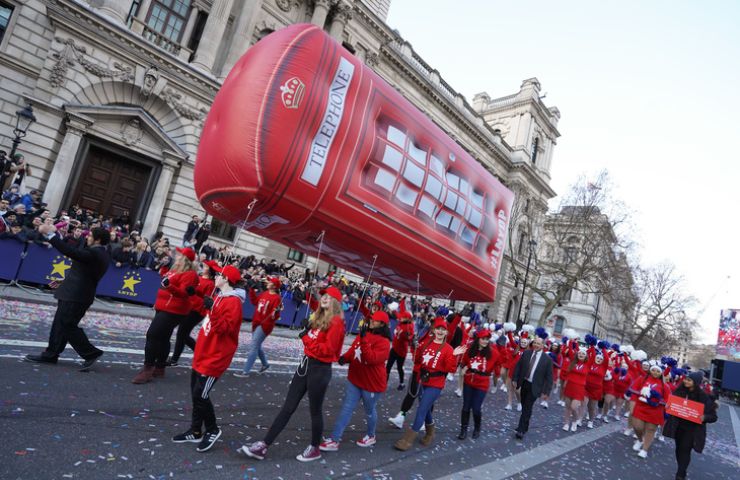
London’s New Year’s Day Parade-Full Guide
London knows how to welcome the New Year in style, and while New Year’s Eve…

Top 10 Hotels in London You Can’t Miss
London is one of the world’s most exciting cities, blending royal heritage, modern luxury, global…
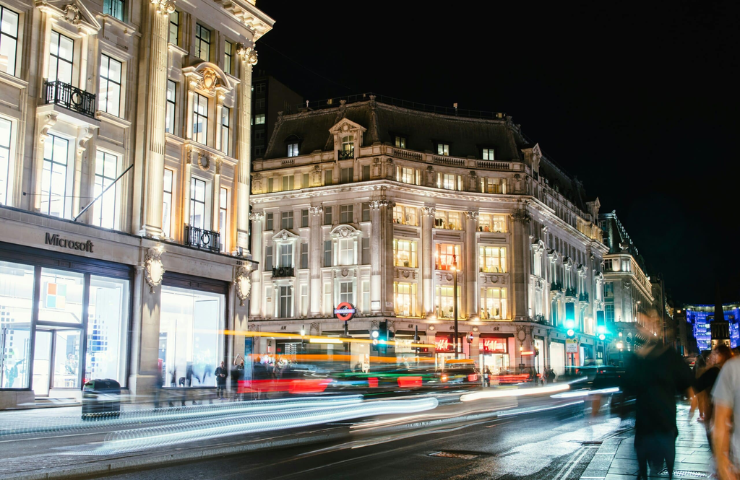
Late Night Shopping in London: Where the City Shines After Dark
London is a city that rarely sleeps—and when the sun goes down, its shopping scene…
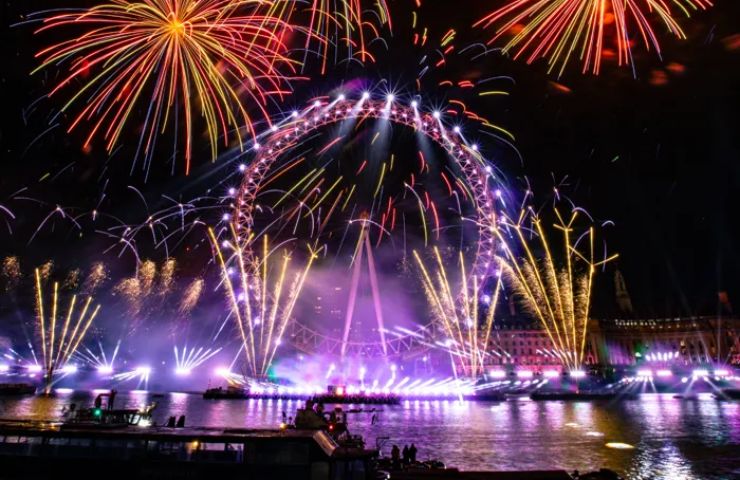
New Year’s Eve in London, UK: The Ultimate Guide for 2025
Celebrating New Year’s Eve in London is a bucket-list experience. Few cities in the world…
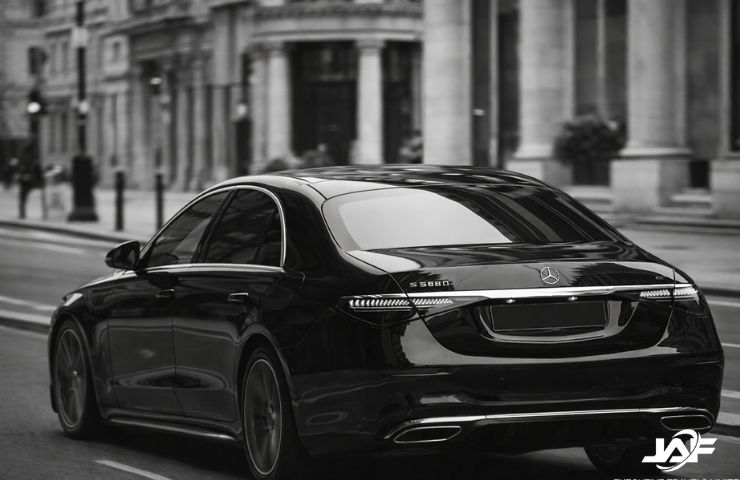
Executive Taxi Hire in Birmingham for Business Travel
Business travel in Birmingham has changed. Hybrid working has not reduced the need to meet…
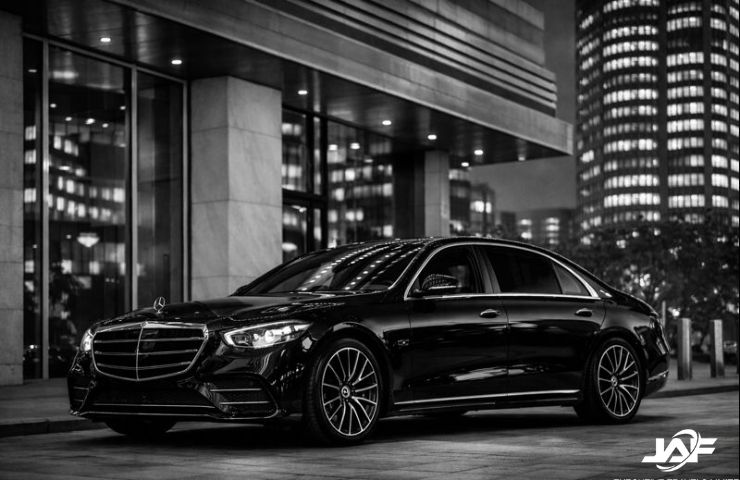
Chauffeur Services in Manchester for Corporate Clients
Manchester has quietly become one of the UK’s most important business cities. With global firms…
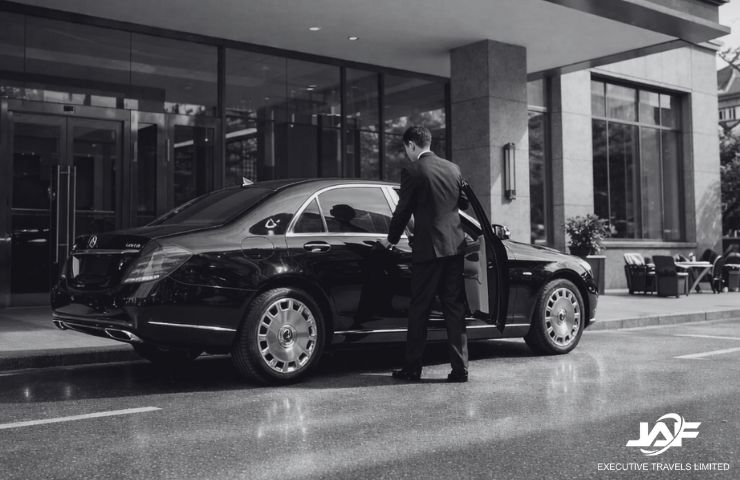
Private Chauffeur Hire for Heathrow, Gatwick & Luton
In a city as fast-paced and demanding as London, the way you travel matters. Whether…
